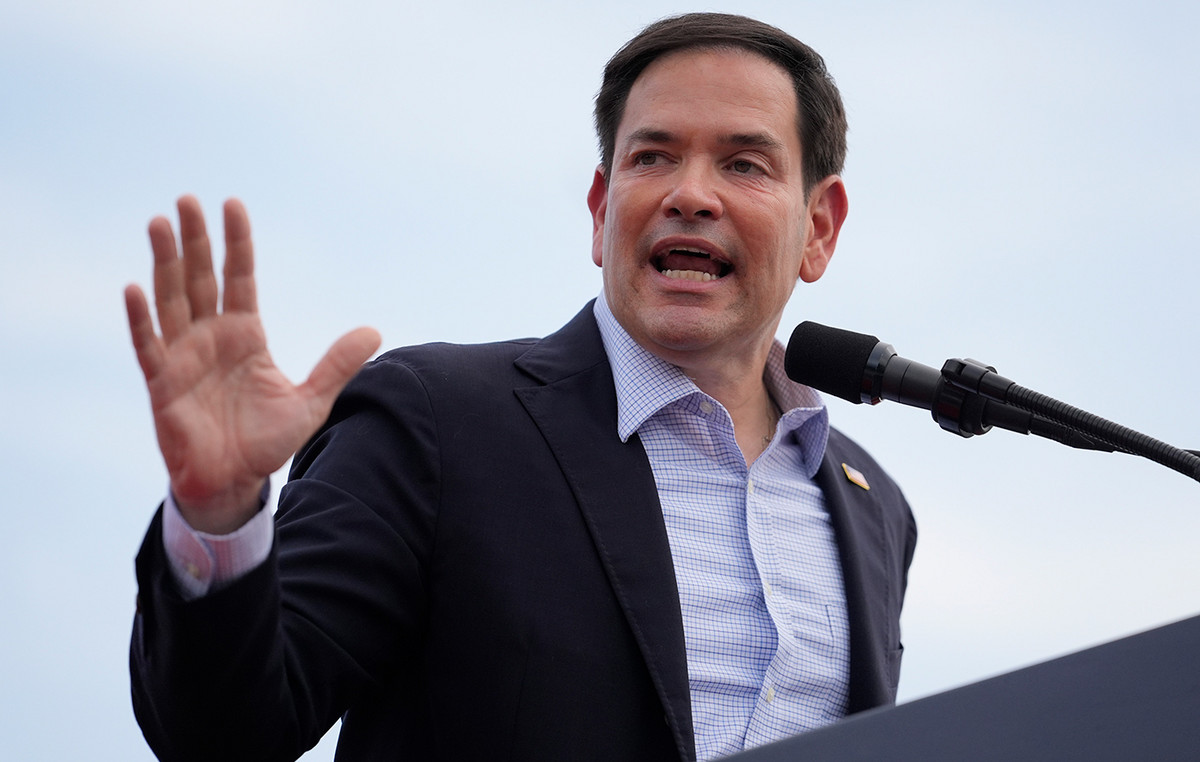O IBC-Br , also known as the “GDP preview”, recorded a stronger-than-expected retraction in August, 1.13%. Economists told the CNN Brasil Business that, despite the drop, the data revised the history up a little and reinforces the less pessimistic perspectives for Brazilian economic activity.
“The IBC-Br broke a sequence of positive variations, and the market was already imagining a retraction scenario, but it came a little further than expected. Therefore, this negative bias has repercussions, but growth is still within expectations, especially when taking the accumulated in the last 12 months and what was expected at the beginning of the year”, said Felipe Izac, partner at Nexgen Capital.
According to the economist, one of the factors that explains the shrinkage of the GDP proxy is the effect of high interest rates, which are beginning to be felt more than a year after the Central Bank began its cycle of monetary tightening to try to contain inflation.
“Despite this negative data, the market was already pricing it. The interest rate hike began to take effect, bringing a slight downturn in the economy, but there is no reason to be concerned at this point. If in the coming months the indicators show retractions in the same direction, then it can be worrying”, he added.
Rodolfo Margato, economist at XP, said that the IBC-Br figures support the view that domestic activity continues on an upward trajectory, albeit more moderately compared to the first half of 2022.
The IBC-Br grew 4.86% in relation to the same period last year. In the year, the index accumulates a high of 2.76% and, in 12 months, of 2.08%. Laura Moraes, economist at Neo Investimentos, said that this increase shows signs of still strong economic activity, driven mainly by the services sector, which surprised a lot on Friday (14).
Goldman Sachs highlighted that it expects some of the service sectors still impacted by Covid-19 (in particular services for families) to recover further in the coming months, supported by renewed significant fiscal stimulus, a firm job market and falling inflation.
“The solid expansion of labor-intensive service sectors contributed to a faster-than-expected increase in employment and a tightening of the labor market,” the bank argued.
“However, diminishing marginal returns from the dynamics of economic reopening, tight domestic monetary and financial conditions, high levels of household indebtedness and the incipient turnaround in the credit cycle are expected to generate headwinds to services activity in late 2022 and the first half of the year. 2023,” he said in a statement.
Source: CNN Brasil
Joe Jameson, a technology journalist with over 2 years of experience, writes for top online news websites. Specializing in the field of technology, Joe provides insights into the latest advancements in the industry. Currently, he contributes to covering the world stock market.







